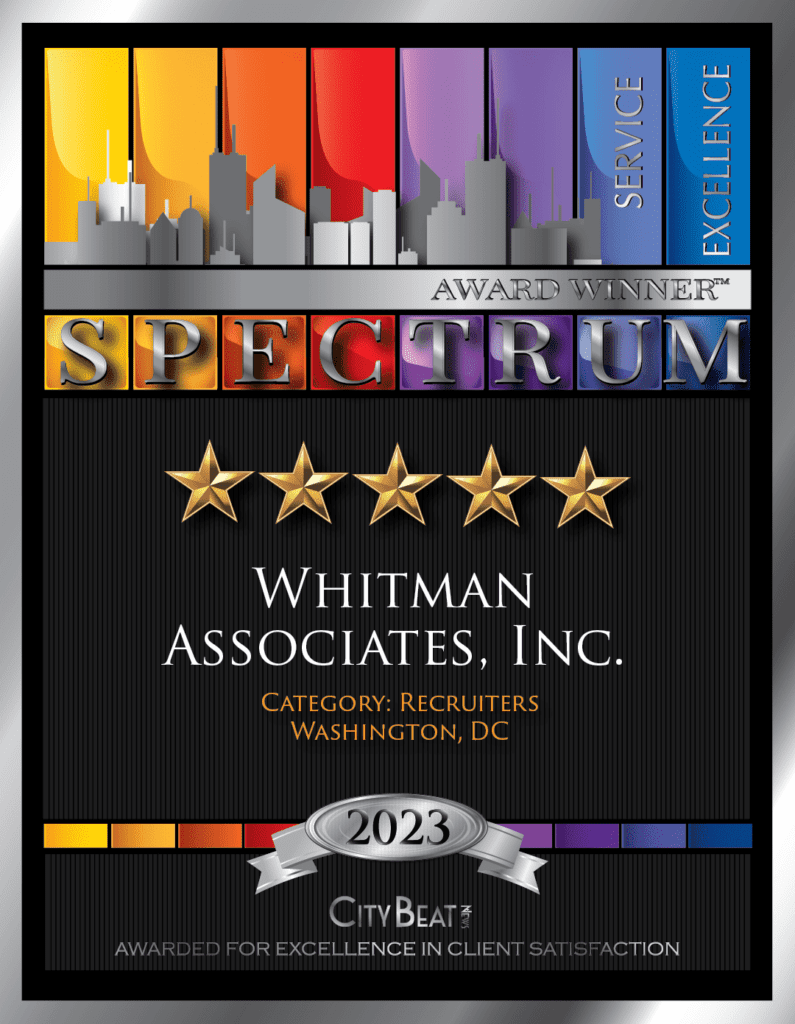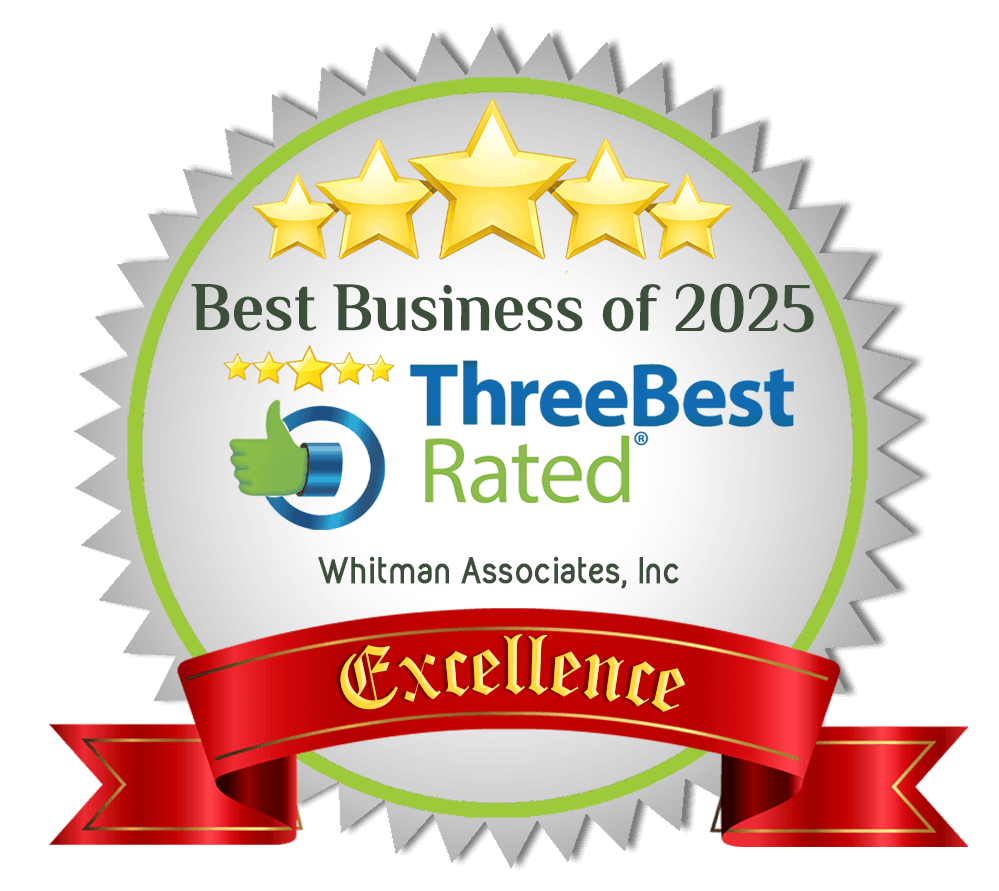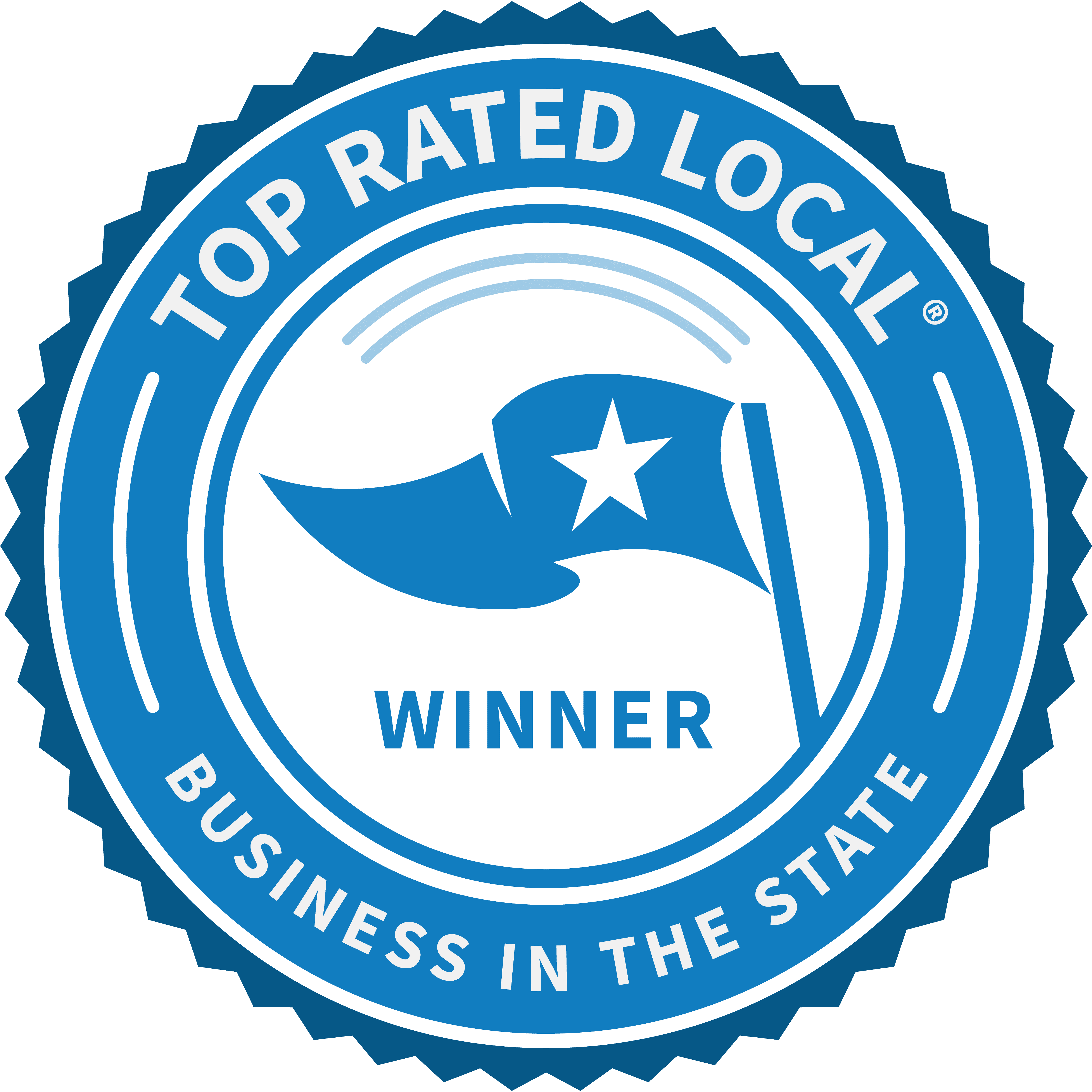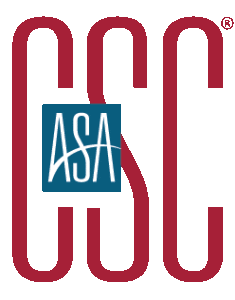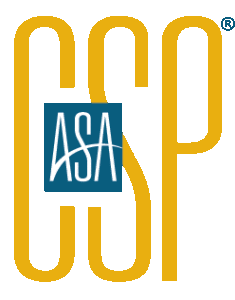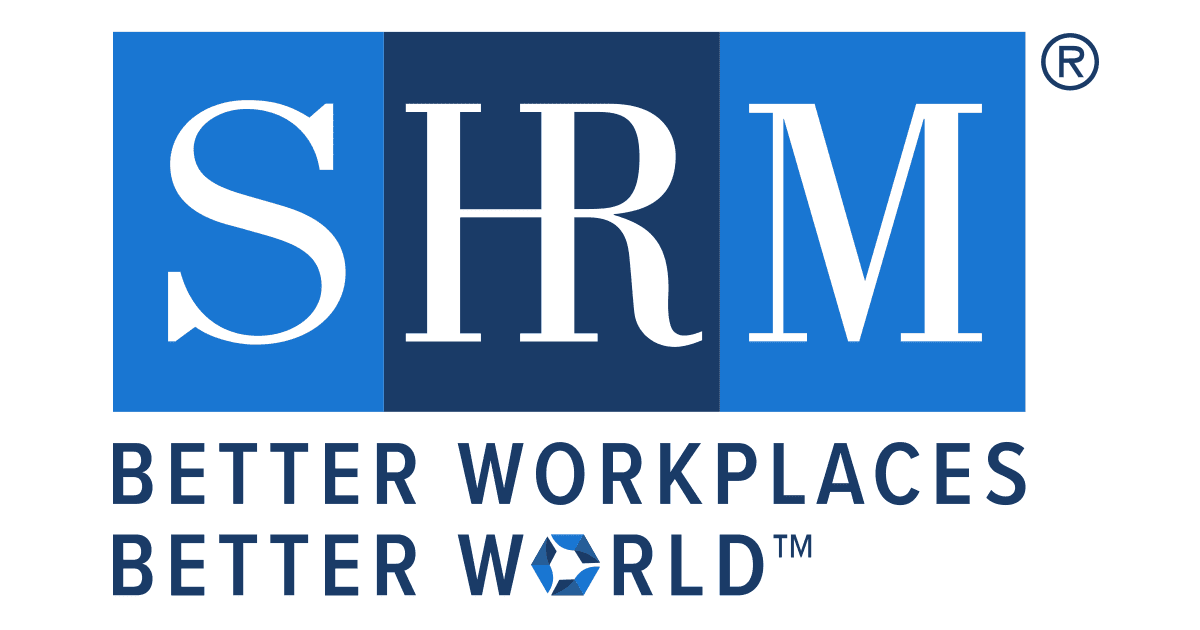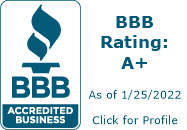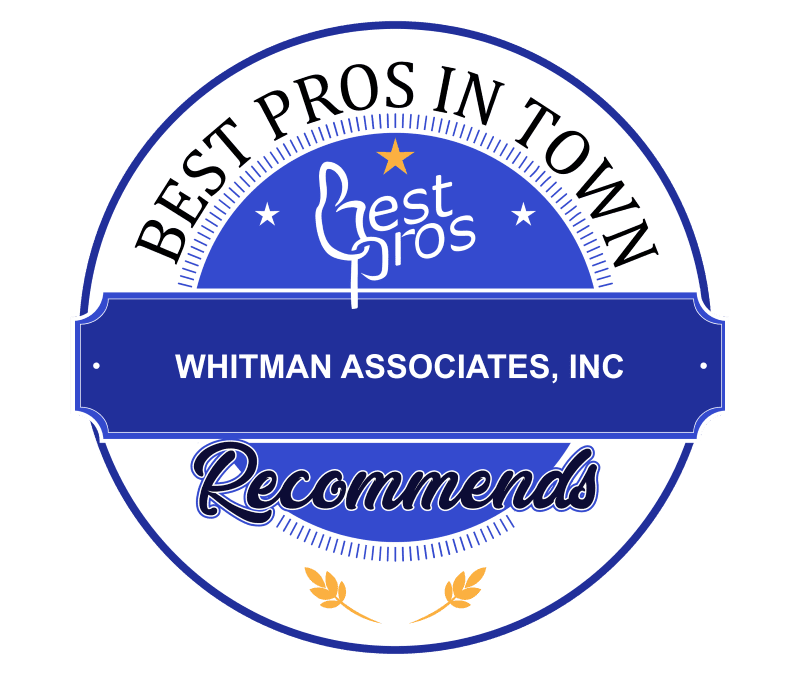
People often ask us “are cover letters necessary?” In the intricate process of job applications, this depends on whether the employer deems that cover letters are necessary. When working with a staffing agency like Whitman Associates, where professionalism and precision define our approach, our goal is to help coach you through when you should submit a cover letter with your job application and how to go about writing an effective cover letter. We understand the significance and timing of the submission of cover letters. One way to ensure that your cover letter and job application stand out in the competitive landscape of the Washington, D.C. metropolitan job market is by understanding what recruiters and hiring managers are looking for when accepting applications.
The power of being proactive
Cover letters are necessary when applying for almost any position. While crafting your cover letter, you should tailor it to the particular role you are applying to and highlight your experience and transferable skills that match the job description. You want to ensure that your cover letter’s format aligns with your resume and work history to make your application feel cohesive and well-thought-out.
Tailoring your cover letter to align with the employer’s expectations can enhance your application. Cover letters are necessary in most applications, therefore it is important to pay attention to any instructions in the job posting so your cover letter is meticulous, timely and well-received.
When should you include a cover letter?
A cover letter is a marketing tool to sell yourself to a potential employer. Don’t hold back when asking yourself, “Should I include a cover letter,” when considering if and when cover letters are necessary. Your cover letter is integral to your job application as it highlights your accomplishments, special skills and overall experience.
A well-written cover letter will also provide the prospective employer insight into your written communication skills, so typos and grammatical errors will hurt your chances of landing an interview.
If you apply to a company where cover letters are not considered necessary, it’s a good practice to include an email with a brief introduction along with your resume. This does not need to be comprehensive; a concise paragraph in an email introducing yourself and why you are interested in applying will convey professionalism and appear to be more polished in your submission process. The bottom line is that it’s always helpful to ask yourself, “Should I include a cover letter,” with every job application. Make sure to know how and when you should submit a cover letter based on the employer’s expectations before you submit your final application.

Cover letters as screening tools
When cover letters are necessary, they are often used as a part of the screening process to see how closely you pay attention to detail. With that said, proofread your cover letter repeatedly and have someone else look it over before sending it out. You could be the best candidate for the position, but if your cover letter has errors, does not flow well or fails to showcase your valuable and transferable skills, you may not be selected to move to the next round of interviews.
In some instances, employers may specify a response timeframe, and aligning your cover letter with their timeline showcases your attentiveness and respect for the employer’s process.
Different industries may have different norms regarding if and when to contact the recruiter or hiring manager or how and when to follow up. Whitman Associates provides candidates with insights into industry norms, ensuring that your communication aligns with the company’s expectations, especially when cover letters are necessary in order for your application to be considered.
What to include in your cover letter
A cover letter is your first opportunity to make a powerful impression on potential employers. A well-crafted cover letter can be the key to landing an interview and standing out among other applicants when cover letters are deemed necessary.
A typical format for a cover letter includes:
- Date
- Salutation or Greeting
- Opening Paragraph
- Middle Paragraph
- Ending Paragraph
- Closing
- Signature
- Your Contact Information
As noted above, date your document whether you submit it on paper, through email or via an online portal. Use the contact information for the hiring manager when you can find it, and address your letter directly to them with a salutation or greeting such as “Dear Mr./Ms. [Hiring Manager’s Name]” when writing your cover letter.
In the opening paragraph, use this space to introduce yourself and explain why you are interested in applying for the opportunity at this company and how it aligns with your career goals.
In the middle paragraph, discuss your transferable skills and give concrete examples of how your experience aligns with the job description. This paragraph will help showcase how and why you fit the role well.
Use the final paragraph to thank the company for taking the time to read your application and to express your interest in the next steps of the application process. You may also use this space to clarify anything not included in the sections noted above, such as an employment gap or skills that you want to highlight on your resume.
When closing your letter, use a polite salutation such as “warm regards,” “sincerely,” or “thank you for your time,” and then sign or type your name.


Cover letter checklist
As you submit job applications, the timing of your submission can be a factor that sets you apart from other candidates. We recognize that strategic timing aligned with industry norms and employer expectations can contribute significantly to your application’s lasting impression on the hiring team.
When telling yourself, “I know I should include a cover letter,” it’s best to understand the purpose of the information you’ve included and why you are including it.
A quick checklist to help you get through your cover letter’s format is:
- Did you personalize your opening?
- Do you have a strong opening statement?
- Is it tailored to the job description?
- Does it showcase your achievements?
- Does it demonstrate a cultural fit?
- Did you keep it concise and professional?
- Is it connected to your resume?
- Does it end with a strong call to action?
Utilizing a follow-up letter
After submitting your resume and cover letter, consider working with Whitman Associates to write and submit a follow-up letter reinforcing your interest in and availability for the position you applied to. This additional touch point can reiterate your value as a candidate
Whether you choose a proactive approach, a tailored timeline, or a strategic follow-up, remember that the timing of when you should submit a cover letter is crucial in your journey toward professional success. Contact us today to schedule an appointment to discuss our open roles so that Whitman Associates can help you land your dream career.

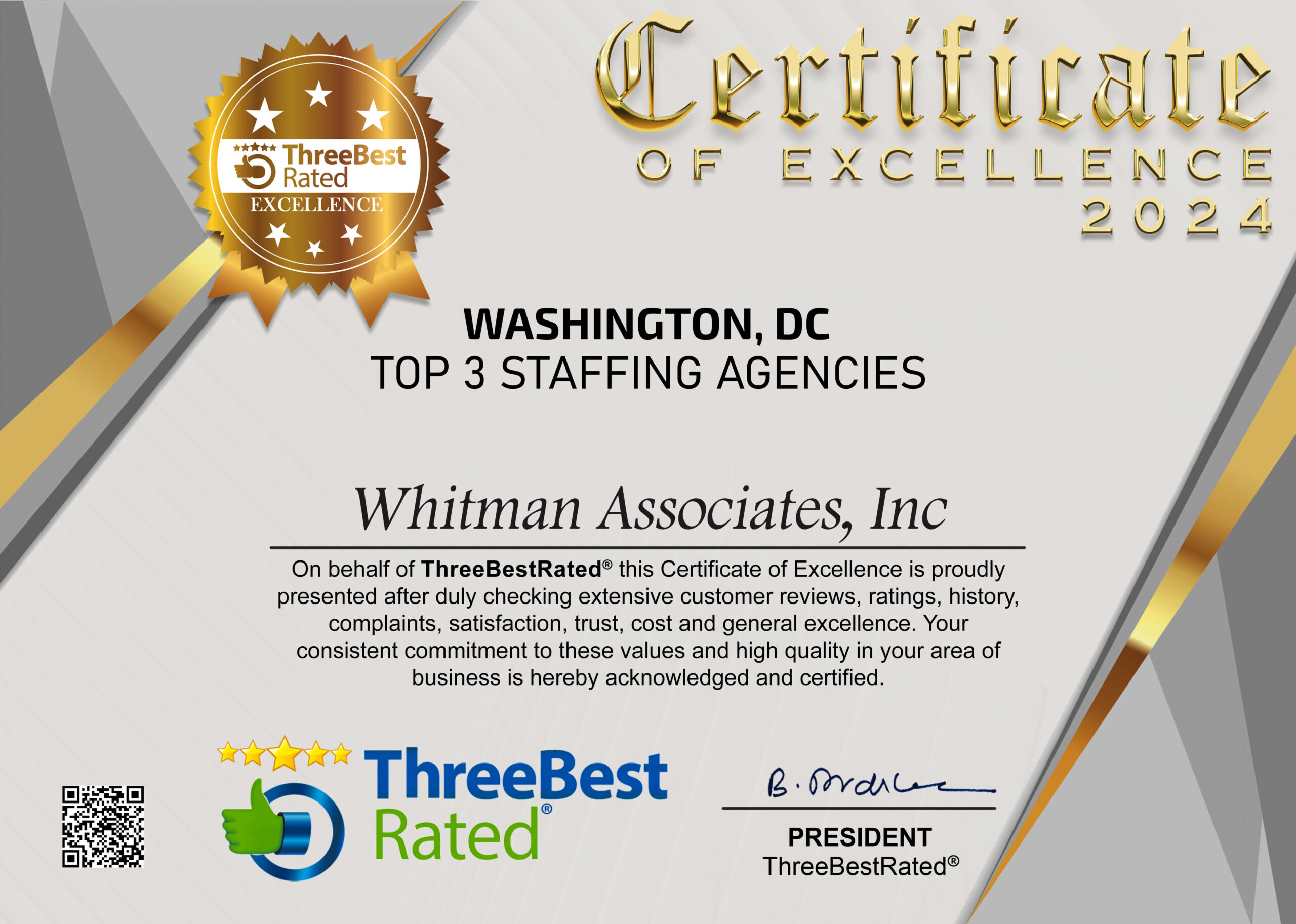
 Bradley recently transitioned from managing Starbucks stores in California to immersing themselves in the diverse realm of temporary work at Whitman Associate’s in DC. Their experience with Whitman Associate’s has played a pivotal role in broadening their horizons and providing exposure to various industries.
Bradley recently transitioned from managing Starbucks stores in California to immersing themselves in the diverse realm of temporary work at Whitman Associate’s in DC. Their experience with Whitman Associate’s has played a pivotal role in broadening their horizons and providing exposure to various industries.







